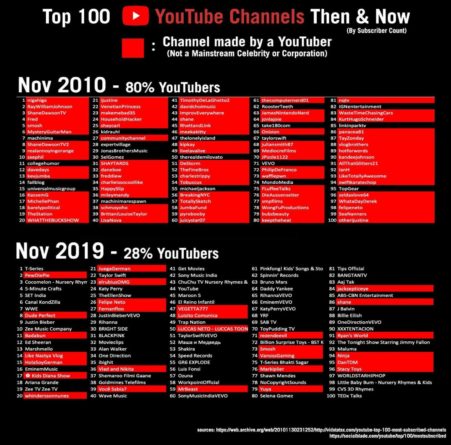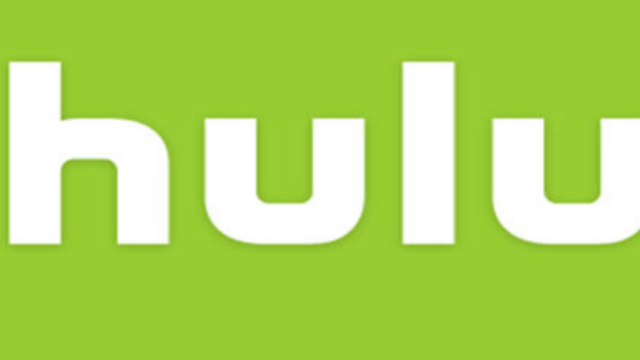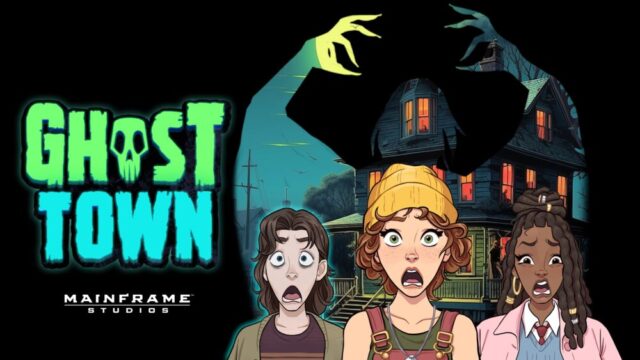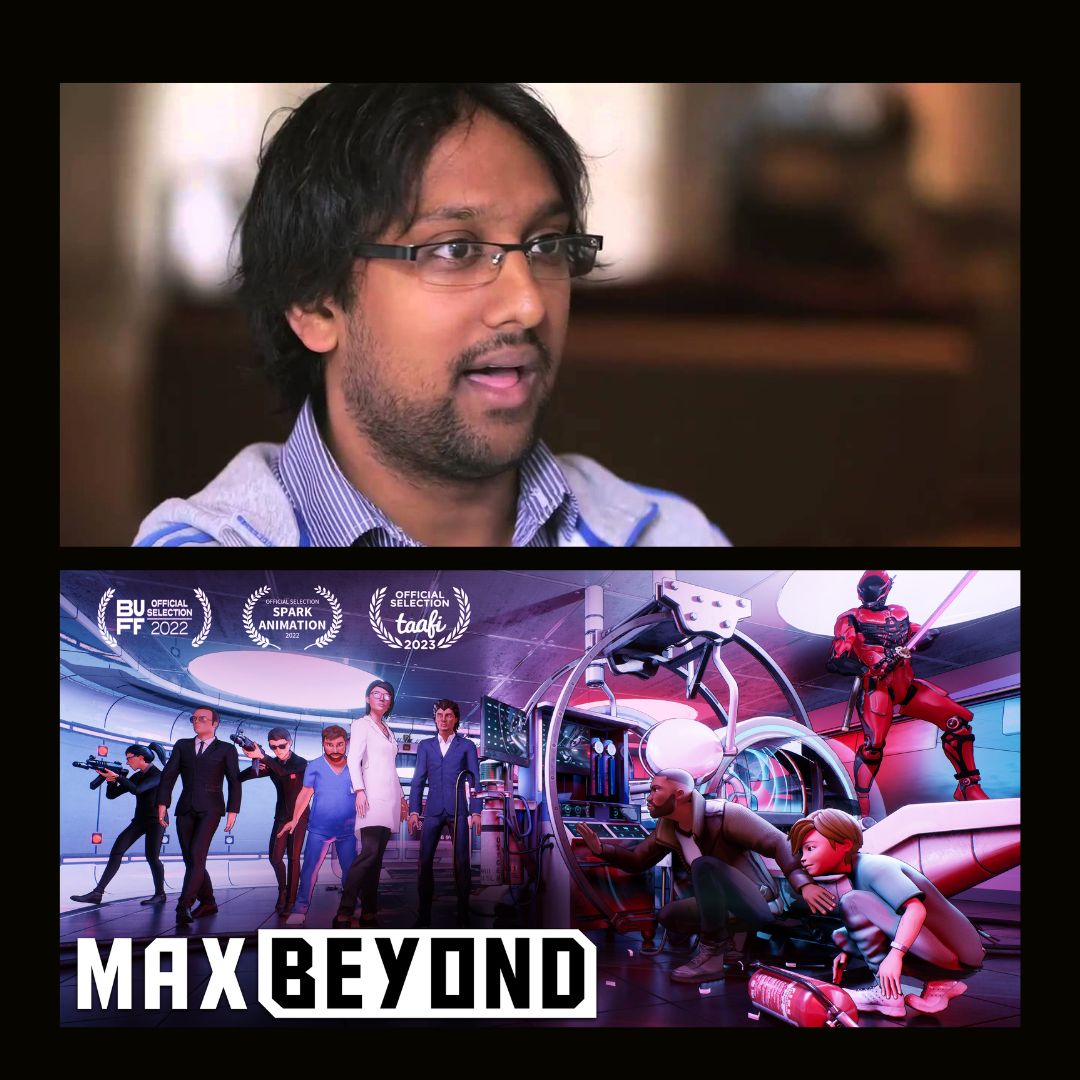Report: Youtube Influencer Channel Subscriptions Down Over 50% Over Last Ten Years
CollegeHumor, Dorkly, machinima, Shut Up Cartoons, Mondo, and a slew of other Youtube channels used to be the cream of the crop for Youtube subscribers in 2010. In a new report, that number is down over half, 52%, when comparing 2019 to that of 2010 when Youtube influencers accounted for 80% of all Youtube subscriptions. Those days are gone, and in its place, it’s music and movie brands using Youtube as their main source of product placement which nets Youtube/Google billions in advertising.
Meanwhile, original Youtubers are in the minority in terms of taking any sort of claim of subscription numbers, with the highly controversial PewDiePie being the only one in the top five most subscribed users. Earlier this year, PewDiePie announced that he will be live-streaming exclusively for DLive, a definite blow to both Youtube and Amazon’s Twitch streaming services for gamers. In any event, the statistics show a definitive drop in the power of being a Youtube influencer, and other social networks aren’t far behind.

A lot of your Youtubers flocked to Instagram as the Youtube well was beginning to dry, but it looks like even that’s starting to fade. Look at this anecdote from an Instagram user/model named “Arii“. The breadth of what she is saying is that despite having over 2 million Instagram followers, nobody is buying what she has to sell, even to the tune of not being able to keep her quota of selling 36 t-shirts a month just to keep her head above water. In an economy that is becoming increasingly gig-centric due to automation, having social networks with viable social accounts with user-generated content could be the only way some make a living.
Worst yet, all of the social platforms have been increasingly politically correct. At first, Congress had tasked all of the social networks with trying to eliminate the spread of terroristic propaganda from Al Qaeda, ISIS, and even domestic sources, an act pundits have noted was “too little too late” with insurmountable evidence that it was social networks like Youtube and Twitter that aided in the radicalization of religious terrorists. But, now, with the rise of political correctness, a term that is purely subjective and really without any merit, all of the social platforms are making sure measures are brought about to eliminate controversial opinions or humor as it relates to sexual orientation/preference, race, creed, and even nudity. Thereby, making user-generated content even more increasingly difficult for those wanting to break into that business.
Last, but not least, Youtube announced last month their even more stringent adherence to COPPA following a recent dispute with the FTC that concluded that the social network was gathering personal info about children under the age of 13 for the purposes of targeted advertising. In its place is a new Youtube policy where targeted advertising to children will be effectively eliminated thereby killing any chance of new kids-focused Youtube channels to come about as there’s going to be no way for independent producers to make any money.
Even established Youtube channels are beginning to feel the heat. Reports of longtime Youtube content creators building up accounts with thousands of subscribers only to be demonetized at a moment’s notice is increasing, and while most of these have merit due to the years-long practice of Youtubers uploading music and video content that doesn’t belong to them in an attempt at an illegal file-sharing or even faux-artistic use, others don’t get any indicator at all. In fact, the producers of Cyanide & Happiness, a once-vaunted producer of video content on both Facebook and Youtube, have taken to social accounts to complain about having their content flagged for a variety of reasons with no real explanation.
As we head into a new decade, social networks are going to need a new plan to keep natural traffic. Facebook has faced years of Congressional oversight committees over the last few years for a variety of reasons and with increased efforts in policing content, we might not be talking about these companies by the time we get to the year 2029.


























Hi Ashley, thank you so much for reading and we love the feedback. Note that on that day we had 14th posts go up and only ten posts show on the front page, so it's possible the preview had already been archived by the time you got to it. One recommendation would be to add our RSS feed to your favorite news aggregator service like Feedly, this way you get all of the latest posts!